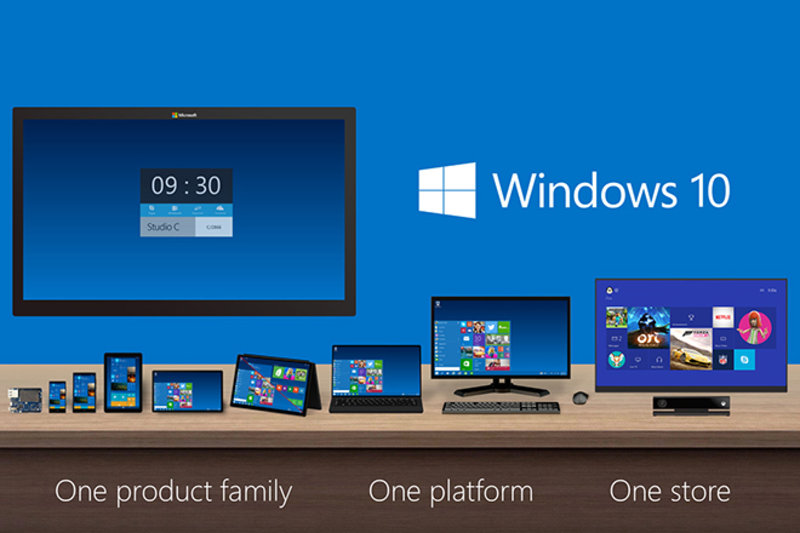We’ve seen a lot of Windows 10 features revealed recently, including support for faster software updates and major storage improvements. ZDNet further shares details on another interesting feature coming to future Windows 10 devices that’s been designed to increase security, especially for enterprise devices.
FROM EARLIER: 5 Windows 10 features you’ll absolutely love… and none of them are the new Start menu
The publication reports that Microsoft on Tuesday at WinHEC in China showed off a biometric security feature for Windows 10 called Windows Hello. The future operating system will let users unlock devices by simply using their face, iris or fingerprint rather than passwords and/or PINs. The same feature could be used in the future to offer access to apps, data, and online services.
Interestingly, the security measure is aimed to remove one critical aspect of password use: Data transmission over the Internet that can be intercepted by attackers. Instead of sending a password over to a remote server for verification, users would be able to log in using biometric data.
Windows Hello is going to offer “enterprise-grade” security, Microsoft said, that would be good enough for companies and governmental agencies in various branches including defense and health.
“[A] combination of special hardware and software [will be used] to accurately verify it is you, not a picture of you or someone trying to impersonate you,” Microsoft said. “The cameras use infrared technology to identify your face or iris and can recognize you in a variety of lighting conditions.”
The company also revealed that Windows 10 devices shipping this fall will have built-in Windows Hello features, and devices that already have fingerprint readers will also support the technology.
“OEM systems incorporating Intel’s RealSense 3D Camera (F200) will support the facial and iris unlock features of Windows Hello, including automatic sign-in to Windows, and support to unlock Passport without the need for a PIN,” the company said.
Finally, these security features are opt-in, meaning that users will be able to still rely on passwords and PINs to unlock devices and features if they so desire. As for biometric data, Microsoft says it won’t be shared with anyone but the user.



